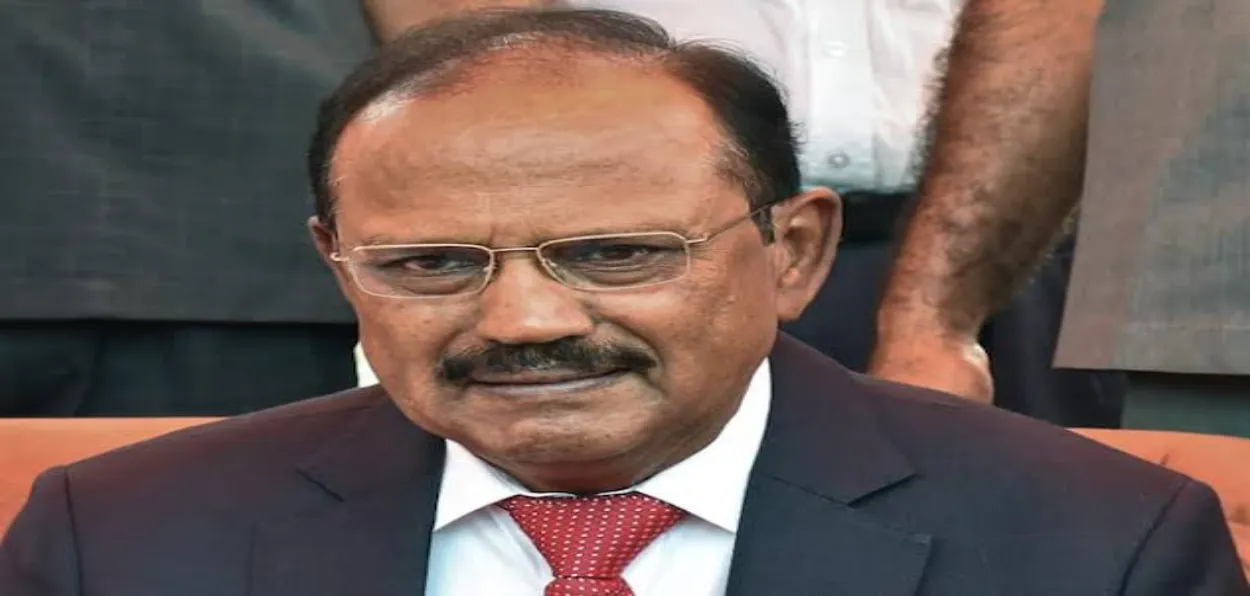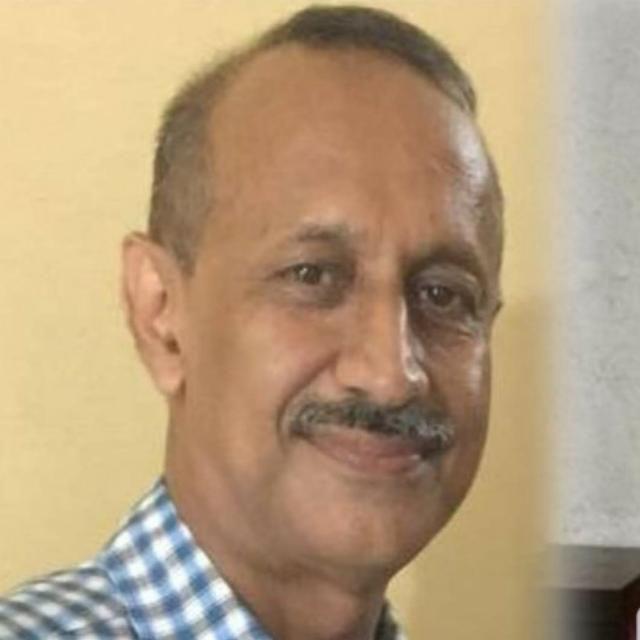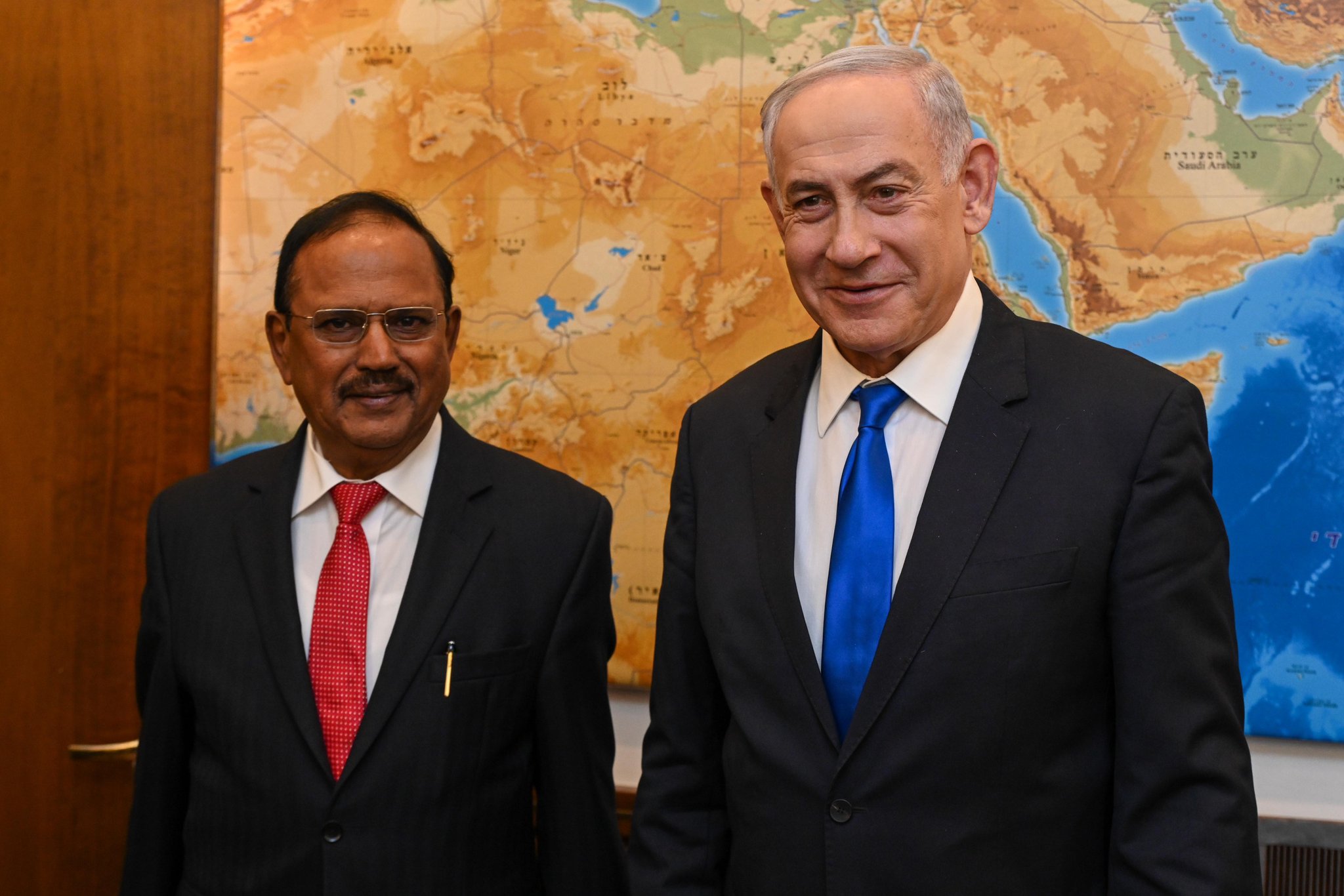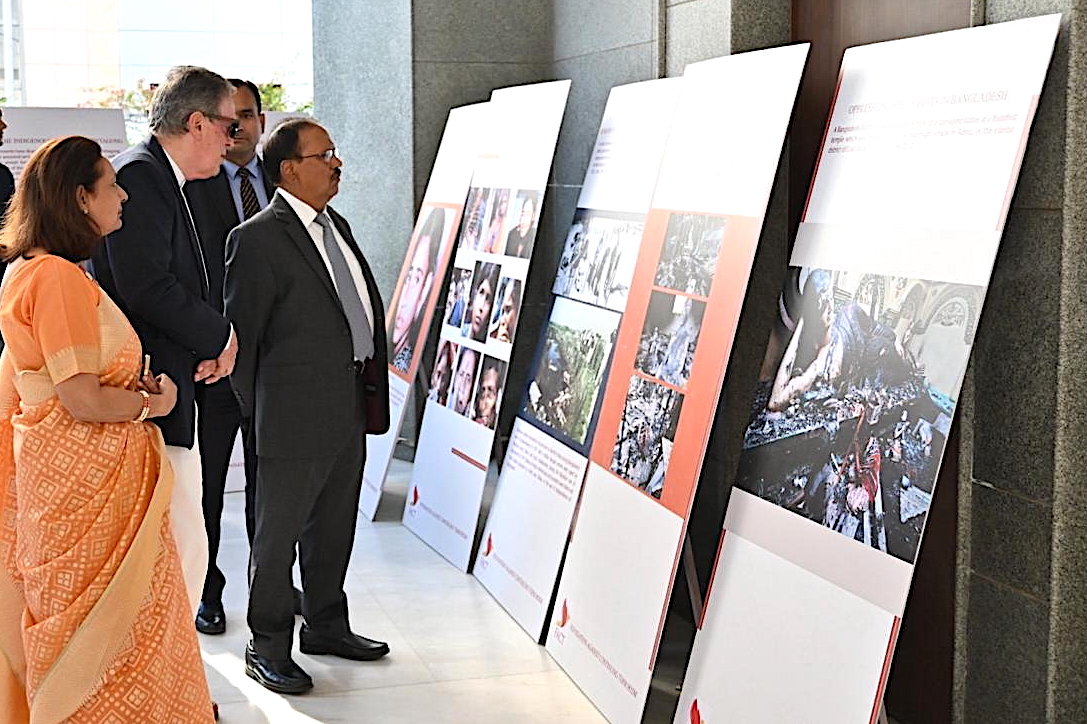
 Pallab Bhattacharyya
Pallab Bhattacharyya
Since he was appointed National Security Advisor (NSA) in 2014, Ajit Doval has transformed India’s approach to national security, redefining how the country responds to Pakistan-sponsored terrorism. His leadership has been pivotal in crafting a robust, assertive security posture that has fundamentally changed India’s response to cross-border threats.
Before Doval’s tenure, India’s responses to major terrorist attacks, like the 2001 Parliament attack, 2006 Mumbai train bombings, and the 2008 Mumbai attacks, were largely defensive. These responses included diplomatic pressure and intelligence sharing but avoided direct military retaliation, despite mounting evidence of Pakistan’s involvement. For example, after the 2008 Mumbai attacks, India chose not to launch military strikes, focusing instead on diplomatic isolation and international pressure. However, this approach yielded limited success, as Pakistan’s deep-state actors continued to support cross-border terrorism without significant consequences.
Upon assuming office, Doval championed a more muscular approach, embodied in the “offensive defence” doctrine, which emphasizes proactive strikes and high-risk intelligence operations. This shift became evident with the 2016 surgical strikes following the Uri attack and the 2019 Balakot airstrikes after the Pulwama bombing, both of which signalled a decisive break from past policies of restraint. Doval’s strategy aims to disrupt the entire terror ecosystem, including sleeper cells, funding networks, and cross-border logistics.
The 2025 Pahalgam attack, the deadliest in India since Pulwama, marked a significant test for this doctrine. The attack, orchestrated by Pakistan-based Lashkar-e-Taiba with support from the ISI, killed 26 civilians, including tourists. In response, Doval coordinated the planning and execution of Operation Sindoor, a series of precise military strikes targeting terror camps in Pakistan and Pakistan-occupied Kashmir (PoK).
 NSA Ajit Doval with Israeli Prime Minister Benjamin Netanyahu
NSA Ajit Doval with Israeli Prime Minister Benjamin Netanyahu
The operation was notable for its use of indigenously developed systems, including the Akash missile system and BrahMos supersonic cruise missiles, demonstrating India’s growing self-reliance in defence technology under the Atmanirbhar Bharat initiative. Use of S-400 Triumf air defence system imported from Russia and other missiles like Hammer Smart Bombs developed by the French Defence Company Safran and SCALP Missiles or Storm Shadow, developed by MBDA, a European Consortium, also provided active support to the offensive defence doctrine.
The earlier attacks by India, like the 2016 surgical strikes following the Uri attack and the 2019 Balakot airstrikes after the Pulwama bombing, gave valuable lessons to the armed forces, hence, the attacks by India within a fortnight after the Pahalgam attack were so precise.
Operation Sindoor also underscored the critical role of India’s MSME sector in defensive innovation. Over 12,000 MSMEs contribute to India’s defence supply chain, providing components for systems like the Tejas fighter, ATAGS artillery, and naval vessels. These small and medium enterprises have proven essential in rapid prototyping and cost-effective manufacturing, reducing dependence on foreign suppliers and enhancing India’s strategic autonomy.

NSA Ajit Doval at a exhibition of persecution of minority Hindus in Bangladesh held in Delhi
Key outcomes of Operation Sindoor are:
Technological Success: Indigenous systems like the Akash and BrahMos proved effective under combat conditions, reinforcing their credibility for export.
Economic Boost: MSMEs supplying critical components saw increased demand, supporting economic growth and job creation.
Strategic Leverage: The operation enhanced India’s standing as a reliable defence partner, with countries like Armenia and the Philippines seeking similar systems.
The close coordination of all the defence forces viz Army, Navy, and Air Force, which happened after the PM had given Carte Blanche to the defence forces for future offensive against Pakistan in the meeting where Mr Doval was the prime mover, was an eloquent testimony to India’s defence capability.
Ajit Doval’s leadership has fundamentally reshaped India’s security landscape, aligning military capability with strategic intent. His doctrine has set a new benchmark for swift, decisive action against terrorism, ensuring that India’s responses are both measured and impactful. As India continues to strengthen its defence manufacturing under the Atmanirbhar Bharat initiative, Doval’s legacy will be remembered as one that redefined the country’s approach to national security.
ALSO READ: Op Sindoor: Bold attack on Pakistan unbridled use of terror as state policy
Doval’s tenure has been marked by a clear message: India will no longer tolerate acts of terror without a decisive response. His approach has not only strengthened India’s national security but has also paved the way for a more self-reliant defence sector, setting a powerful example for future generations. As former US President Theodore Roosevelt once said, “Speak softly and carry a big stick; you will go far.” This philosophy echoes through Doval’s approach, reinforcing India’s position as a formidable force in global geopolitics.
